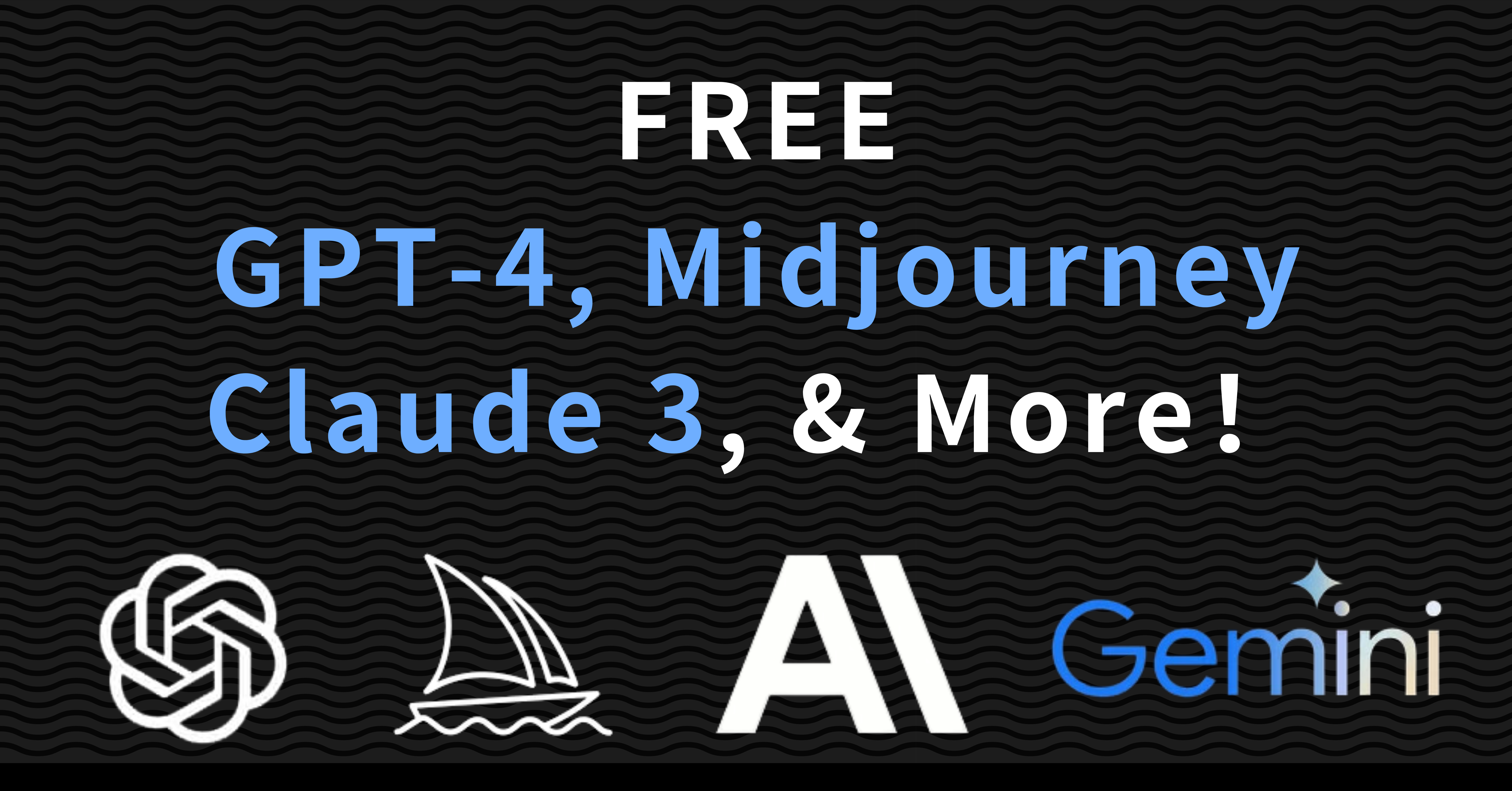Claude 3 vs GPT-4: Analyzing AI Costs and Efficiency in Modern Business Applications

Deciphering the Value of AI: Claude 3 vs GPT-4 and the Quest for Cost Efficiency
Evaluating the Economic Impact of AI Innovations
In today's competitive market, understanding the pricing dynamics and performance capabilities of leading AI models like Claude 3 and GPT-4 is essential for businesses and developers looking to leverage artificial intelligence efficiently. With AI becoming a cornerstone in various sectors, the focus on cost efficiency, alongside advanced functionalities, has intensified. Platforms like GlobalGPT play a crucial role in providing accessible AI solutions, including competitive offerings like Claude 3 Opus pricing, which are reshaping how businesses budget for and implement AI technologies.
Understanding Claude 3 Pricing and Features
Claude 3 Price Structure
Claude 3, developed by Anthropic, is introduced into the market with a competitive pricing strategy designed to make advanced AI more accessible. The pricing model of Claude 3 often varies based on usage, with options tailored for both heavy and light users. This flexibility in pricing ensures that small startups and large enterprises alike can utilize Claude 3 without overspending, aligning the cost with actual usage to maximize budget efficiency.
Claude 3 Opus Pricing
The Claude 3 Opus version represents a specific tier within the Claude 3 offerings that targets more demanding AI applications, featuring enhanced capabilities at a price point that reflects its advanced performance. This version is particularly suited for organizations requiring robust AI functionalities that can drive significant improvements in operational efficiency and innovation.
Comparative Analysis: Claude 3 vs GPT-4
Performance and Capabilities
When comparing Claude 3 to OpenAI's GPT-4, it's important to consider not only the price but also the technological nuances that differentiate these models. GPT-4 is renowned for its deep learning capabilities, offering nuanced language understanding and generation that has been fine-tuned through extensive training on diverse datasets. Claude 3, while newer, competes by offering comparable, if not superior, contextual understanding and response accuracy, which can be particularly beneficial in applications requiring a high degree of nuance and user engagement.
Cost Efficiency in AI Deployments
Both Claude 3 and GPT-4 offer different scales of cost efficiency depending on the specific requirements of the user. For businesses focused on extensive natural language processing tasks, GPT-4 might be the go-to due to its proven track record and extensive support resources. However, for those looking for newer algorithms that might offer better efficiency in certain contexts, Claude 3 presents a viable, cost-effective alternative.

Pay-as-You-Go:
Top Up from Just $1 Balance Never Expires
All-in-One: Access All Models in One Place
AI Total Data Privacy
Unlimited Usage Limitation
Accepts Fiat and Crypto Payments
The Role of GlobalGPT in Enhancing AI Accessibility
GlobalGPT: Democratizing Access to Cutting-edge AI
GlobalGPT emerges as a pivotal platform in this landscape by offering access to both Claude 3 and GPT-4, among other AI models, under a unified, cost-effective framework. The platform's strategy to provide tiered access depending on the needs and budget of the users democratizes the potential of AI, ensuring that more users can explore the benefits of AI technology without prohibitive costs.
Promoting Cost Efficiency Through Flexible AI Solutions
The availability of different AI models with clear pricing and feature transparency on platforms like GlobalGPT allows users to make informed decisions based on their specific cost-benefit analyses. This approach not only promotes cost efficiency but also encourages the adoption of AI by reducing the financial risks associated with implementing new technologies.
Charting the Path Towards Economical AI Integration
As AI continues to evolve, the competition between different models like Claude 3 and GPT-4 will increasingly focus on balancing performance with cost efficiency. Platforms like GlobalGPT are crucial in this ecosystem, as they provide the necessary tools and frameworks that allow businesses and developers to navigate the complexities of AI implementation while controlling costs and maximizing ROI.
See Also
Free Mastery of Claude 3 Opus: An In-Depth Manual
Free Access to GPT-4: A Detailed Tutorial
AI Empowerment: Unleashing the Potential of ChatGPT
